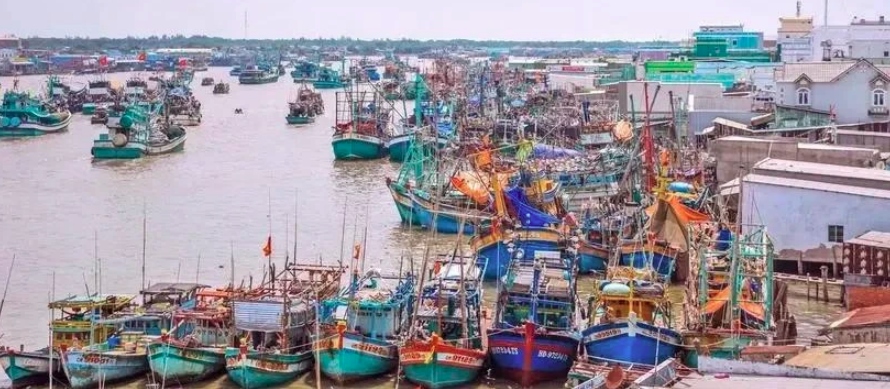Vietnam adopts measures to have EC's IUU "yellow card" removed
Society – Economy - Ngày đăng : 14:23, 27/06/2024
In an interview granted to the Vietnam News Agency (VNA)’s correspondents in Jakarta, Anjaiah said that a lot of solutions have been adopted by the government, ministries and localities of Vietnam since 2017, thus creating tangible changes in the fight against IUU fishing.
All of the EC’s recommendations on IUU fishing were included in the Law on Fisheries. However, the enforcement of the law has shown several challenges due to limited human resources of the fishery sector and loose coordination between localities in informing authorities of violating fishing vessels.
Southeast Asian countries have suffered heavy economic losses due to IUU fishing, which usually accounts for about 20% of their seafood output, resulting in a significant loss to the national economies. Indonesia suffered the most among member countries of the Association of Southeast Asian Nations (ASEAN).
According to the expert, 20-38% of Indonesia’s seafood exports are reported to have been caught illegally by local fishermen and foreign vessels. It is estimated that illegal fishing activities cause loss of at least US$3 billion for Indonesia each year.
Indonesia ranks 6th out of 152 countries in terms of vulnerability to IUU fishing after China, Russia, Yemen, India and Iran.
In 2016, Indonesia ratified the Port State Measures Agreement (PSMA), aimed at foreign fishing vessels entering or using designated fishing port facilities to prevent, deter, and eliminate IUU fishing. It has also used technology such as automatic identification system (AIS) and vessel monitoring system (VMS) and taken tough actions against IUU fishing and several other measures, to protect the country's aquatic resources.
Indonesia’s crackdown on IUU fishing is paying off for the domestic fishery sector and fish recovery, according to a 2018 study. It showed that foreign fishing activities in Indonesia had declined by more than 90%, and total catches dropped by 25% since 2014, when the government banned foreign fishing boats from its waters, among other restrictions.
Anjaiah said that Indonesia and Vietnam have cooperated well in the field of aquaculture. The two sides have recently reached an agreement to develop the lobster farming industry, he added.
The expert went on to say that Vietnam is one of the world's largest producers of farmed lobsters, while Indonesia is the world's largest archipelago and the country with the second largest wild-caught seafood output, after China. Indonesia supplies lobsters, shrimps and many types of fish to Vietnam.

